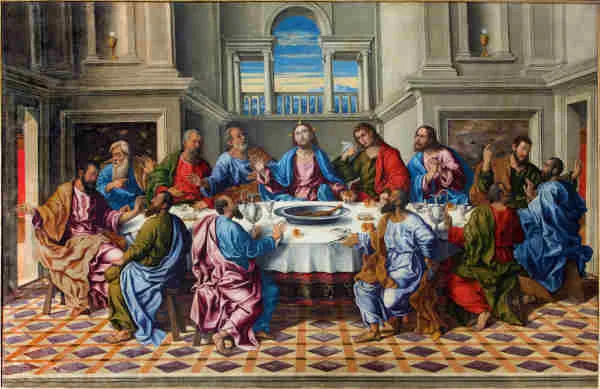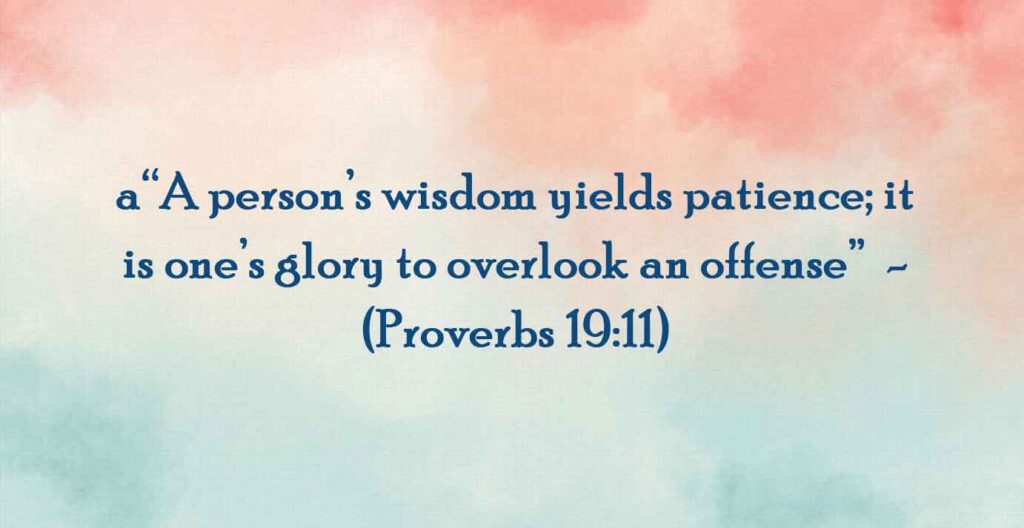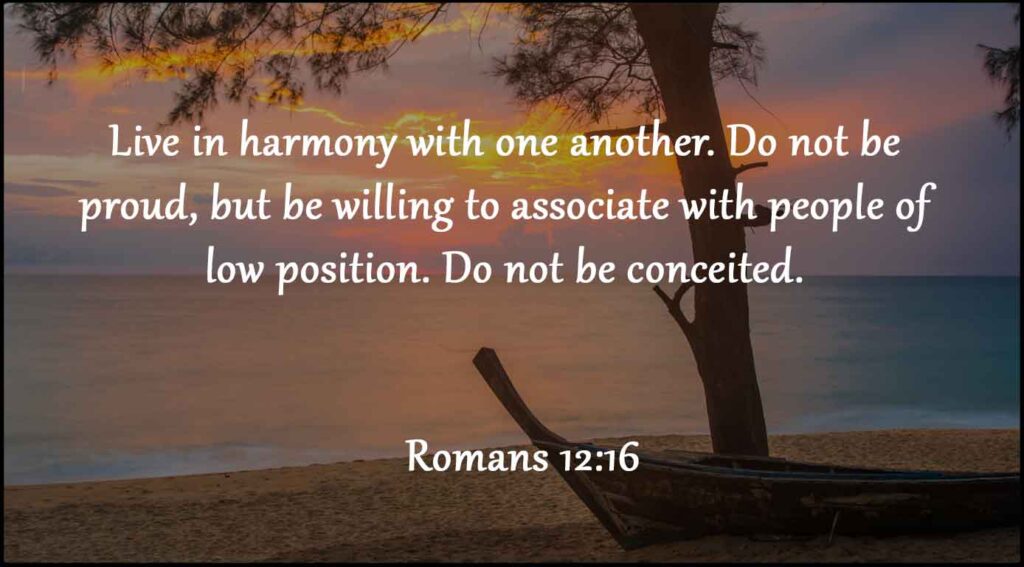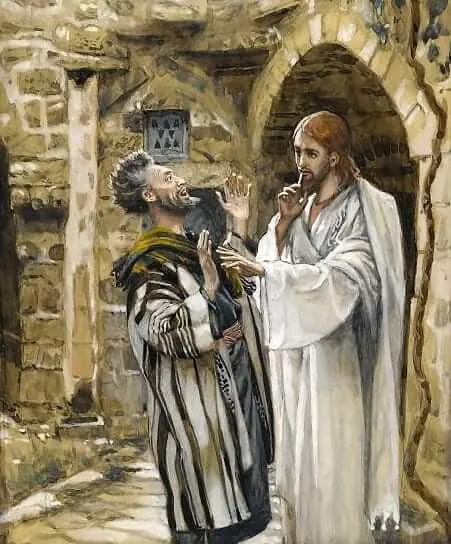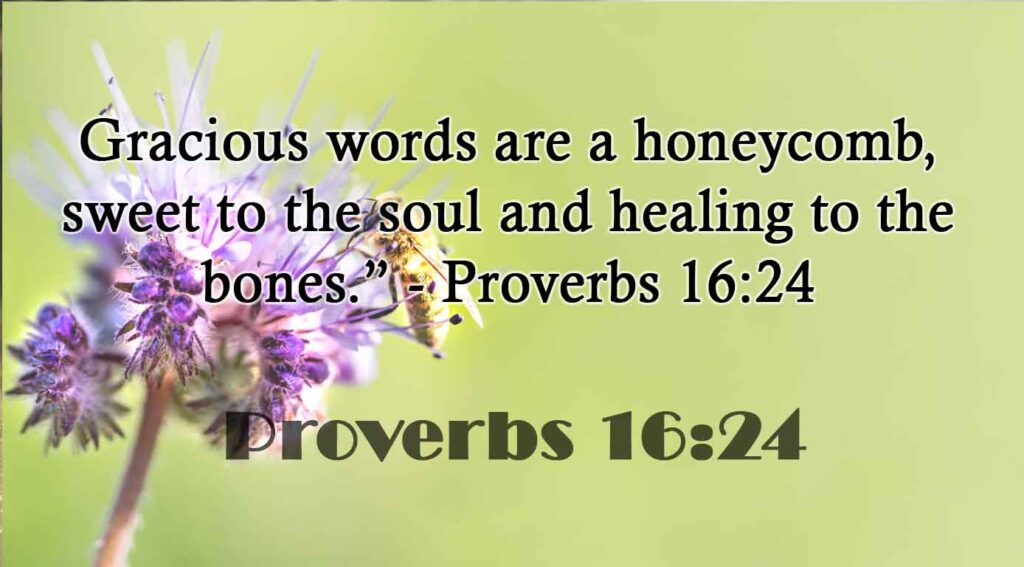Eucharistic Freedom
“This day shall be a memorial feast for you, which all your generations shall celebrate with pilgrimage to the LORD, as a perpetual institution.”
Reflection:
The holy Triduum begins. Today we fulfill this Old Testament passage, revealing that the Passover would become “a perpetual institution.” This passage concludes our First Reading instruction from the LORD given to Moses and Aaron on how to prepare for the Israelites’ liberation from Egypt. Plague after plague had been inflicted upon the Egyptians, and none of them resulted in the Israelites being set free.
Therefore, the LORD instructed the Israelites to celebrate the first Passover by killing a year-old lamb, sprinkling its blood on their doorposts, and feasting on the flesh in preparation for the journey to the Promised Land. Today, we continue this Passover celebration as we share in the Sacrifice of the Lamb of God, Whose Blood has been shed, Whose flesh we consume, and Who leads us through the desert of life to the new and eternal Promised Land of Heaven.
Just as the first Passover was a prefiguration of the Sacrifice of the Lamb of God, so also the plagues that led up to the Passover present us with much meaning. At first, all the water in Egypt turned to blood. Then frogs, gnats, flies and pestilence covered the land. Boils covered the skin of humans and animals. Hail rained down, locusts covered the land, and finally darkness covered the land for three days.
None of these plagues was ultimately successful in convincing Pharaoh to let God’s people go; therefore, the final plague to be inflicted was the death of the firstborn. It was the blood of the paschal lamb, sprinkled on the doorposts of the Israelites’ houses that signaled to the angels to pass over their homes.
The plagues inflicted on Pharaoh and the Egyptians were severe. But because of their obstinacy, God continued until they changed. Recall, also, that even after the Israelites were set free, Pharaoh changed his mind and pursued them into the Red Sea where his army perished.
Though these prefiguring events might not be that pleasant to consider, they must be reflected upon. We must see in them God’s tireless and relentless efforts to set us free from sin. The obstinacy and oppression of Pharaoh are clear signs of the oppressive evil within our world today, and within our own souls. When we seek to embrace the freedom to which we are called, we will be met with much temptation and oppression from the evil one, as well as from our own fallen human nature.
But if we trust in God, as Moses did, then we will be given all we need to begin the journey to freedom. Most specifically, the Flesh and Blood of the Son of Man is our Paschal Lamb. The Eucharist, which was instituted on Holy Thursday, protects us from the final death. Consuming the Body of Christ also strengthens us for our spiritual journeys. Without it, we have no protection from the evil one and lack the strength we need to be faithful on our journey.
Reflect, today, upon God’s incredible commitment to set you free. He came to earth, took on human form, offered His life in sacrifice, and now feeds you with His sacred flesh. Without the Eucharist as your spiritual food and His Sacred Blood covering you, you will not survive. We all need the Eucharist. We need the Bread of Heaven. We need the Body and Blood, Soul and Divinity of the Savior of the World. God went to the greatest length to save you. Accept His Gift that we especially commemorate and participate in today.
Source: https://catholic-daily-reflections.com/2024/03/27/eucharistic-freedom/

